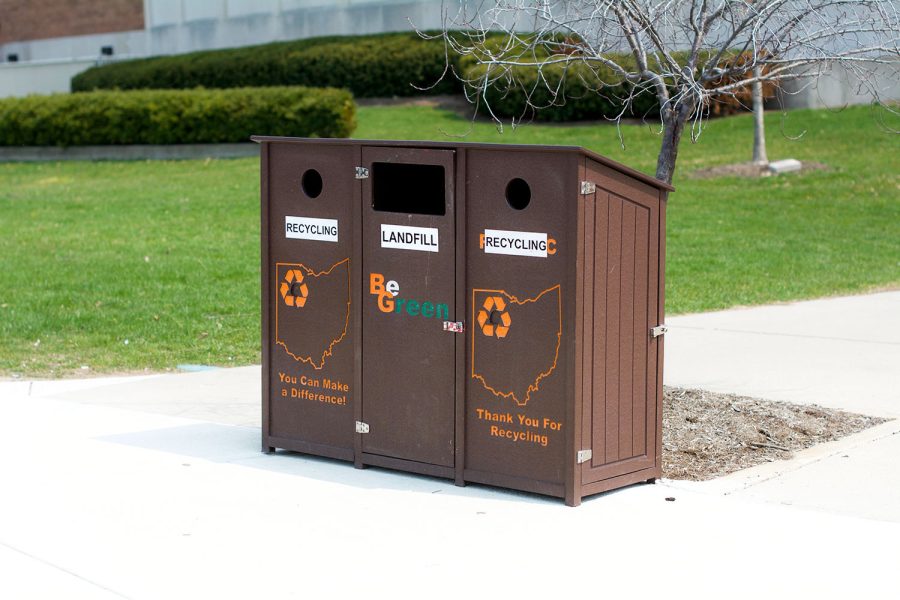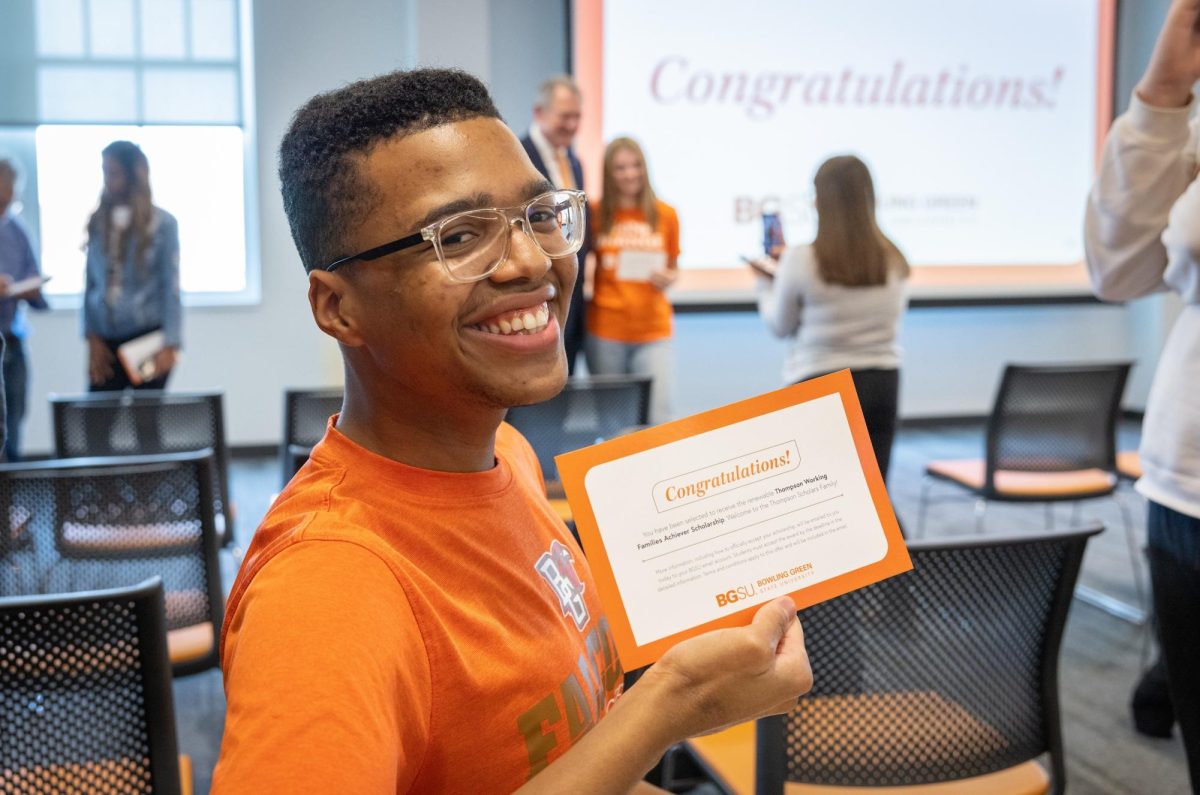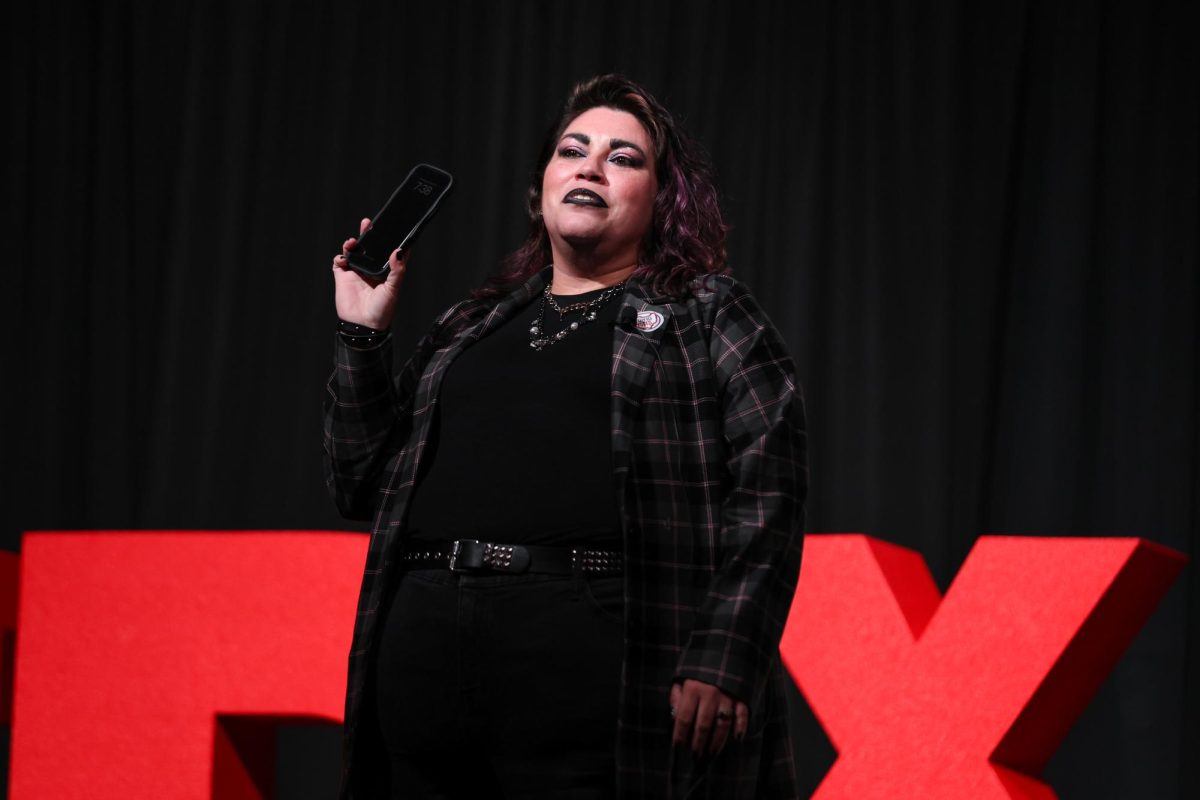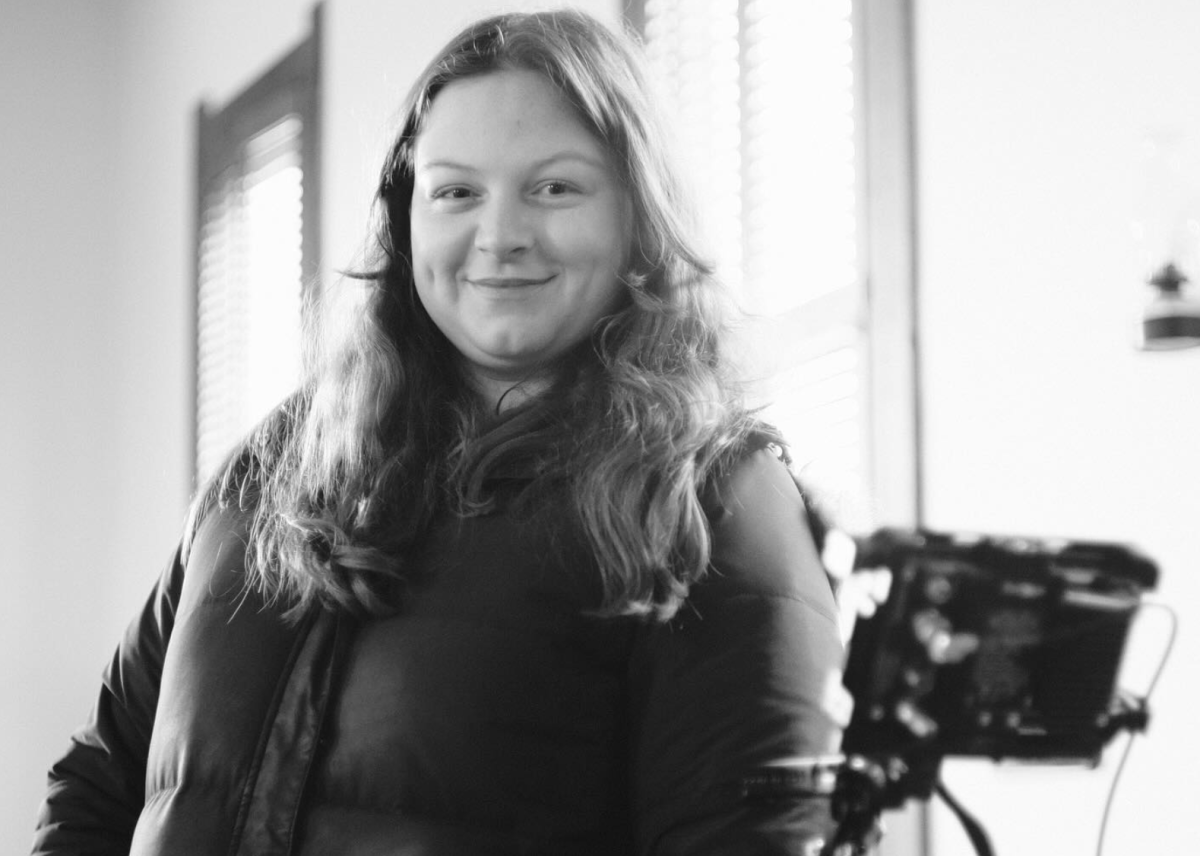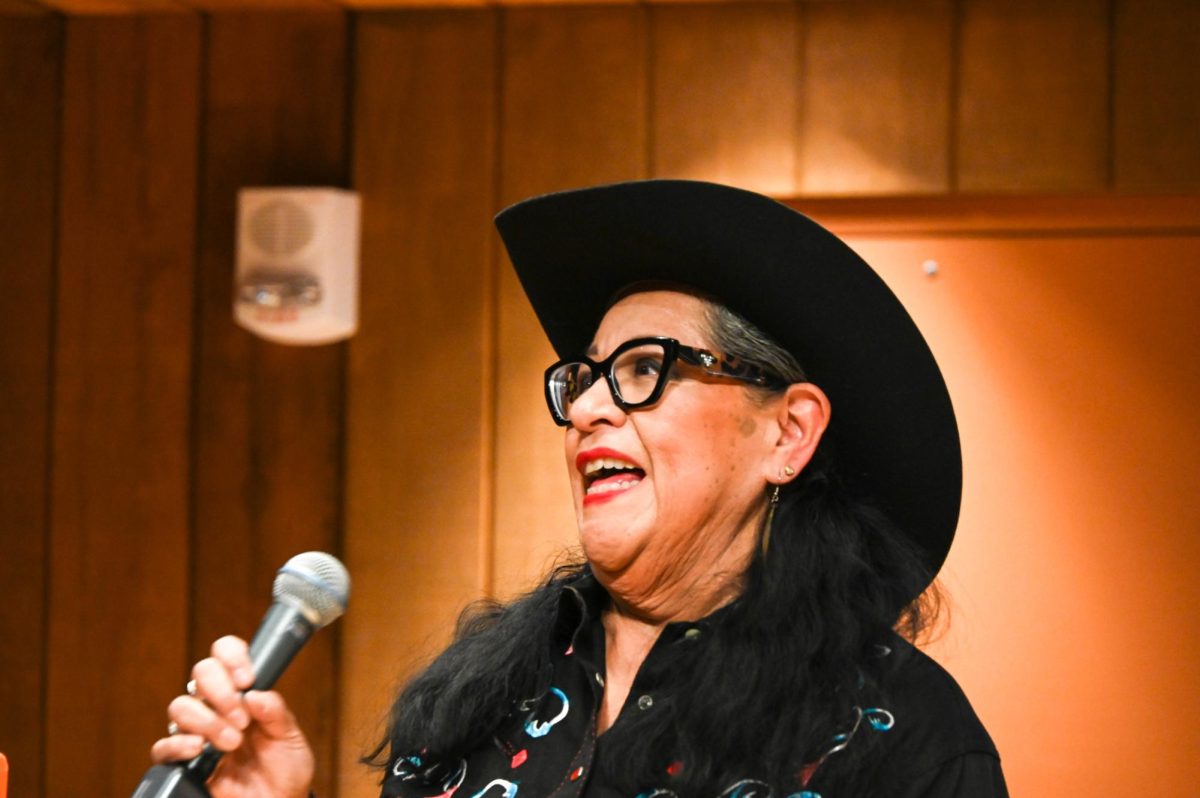“New year, new me,” is a popular phrase spoken during the beginning of each new year as it’s a tradition for people to create New Year’s resolutions. But, the psychology behind the long-lasting tradition could explain why it can be hard for goals to stick around all year.
Melissa Keith, an assistant psychology professor at BGSU, stated why the New Year is a popular time for people to set new goals.
“The reason that we tend to set goals around the new year is because of what’s known as a temporal landmark. It produces what’s known as a fresh start effect, which is a well-known phenomenon in psychology,” Keith stated.
A temporal landmark isn’t limited to just the new year and can be seen for goals set in shorter periods of time.
“This can be as small as the start of any day or a new week, or it can be your birthday or New Year’s Eve. It basically spurs people to want to set and achieve new goals for themselves because they feel like a new person, even though it’s kind of arbitrary,” Keith said.
Resolutions can be set and achieved at any time of the year, but a new year can bring extra motivation to make big or small changes. Keith explained while it depends on the person if the goals are small or life-changing, it’s important to keep them specific.
“There’s a theory known as goal setting theory, which suggests the goals that we set for ourselves should be specific, which is kind of a more important element here and can be difficult,” Keith said. “You don’t want to set too easy goals because those aren’t very motivating.”
Keith explained that it’s helpful to make goals more detailed, which can help people to stay on track.
“It’s not good enough to say I want to be healthier in the new year. That’s really vague. You need to specify, are you going to try and eat a certain number of macros each day? Do you want to work out three times a week for 30 minutes at a time?” Keith said.
The goal itself should be attainable so that it can be easier to be held accountable past the new year.
“The key is that you still have to feel like you’re able to achieve that goal. You have to have some level of self-efficacy is what we call it,” Keith said. “You also want to be committed to that goal, so it needs to be important to you.”
A helpful tip that Keith said helps people stay on track with their goals is to track it every day. She gave the example of the popular language app Duolingo, which creates a daily streak for using the app.
“Things like that where you’re tracking it and you can have streaks is very motivating to people,” she said.
A main struggle with New Year’s resolutions is trying to implement them into an everyday schedule, which is why goals can be forgotten halfway into the year or leave people discouraged about it as a whole.
“The biggest thing is with goals and things like that is people don’t put them into part of their daily routine or habit. And then when they fall short of their goal, it’s often an all-or-nothing mentality,” Keith said.
Keith, who specializes in the psychology behind creativity, explained how people can learn new skills in the new year and stick with them. She stated that discouragement is why most people ditch a new skill altogether, but it takes time to see results.
“Rather than focusing on the outcome, focus on the skills and abilities you can develop to help you produce those creative outcomes,” she said. “And then just simply going out and doing it and just practicing a lot and recognizing that it’s a process, and it doesn’t have to be perfect the first time.”







